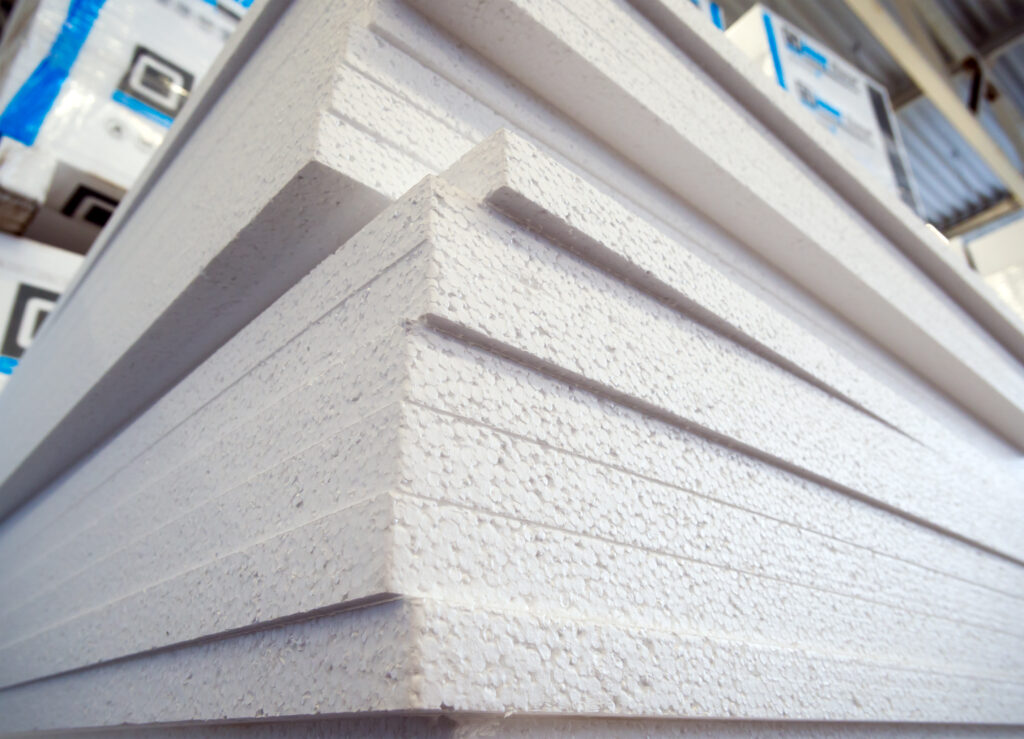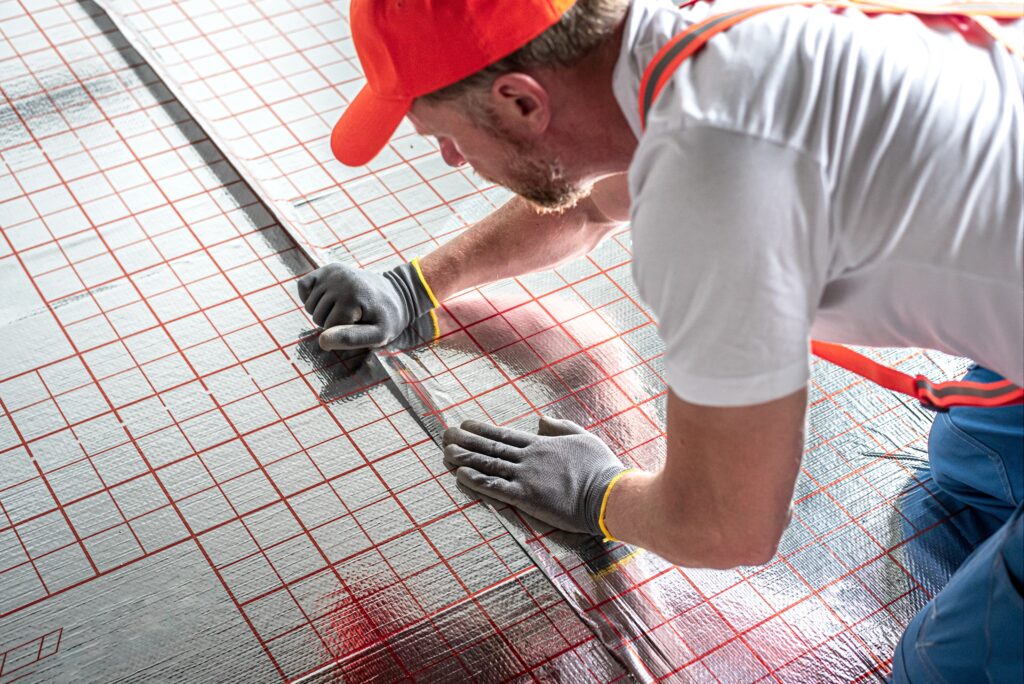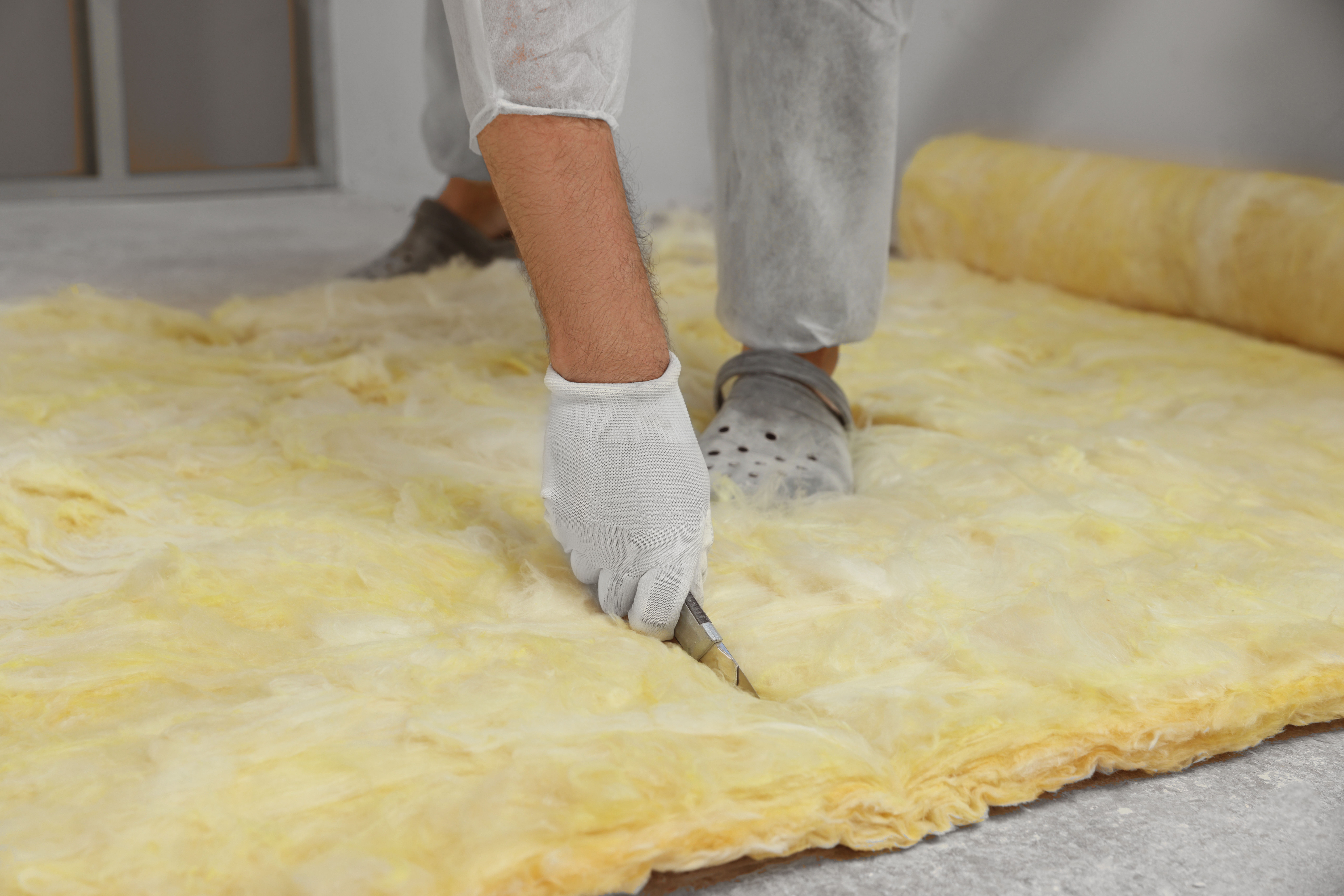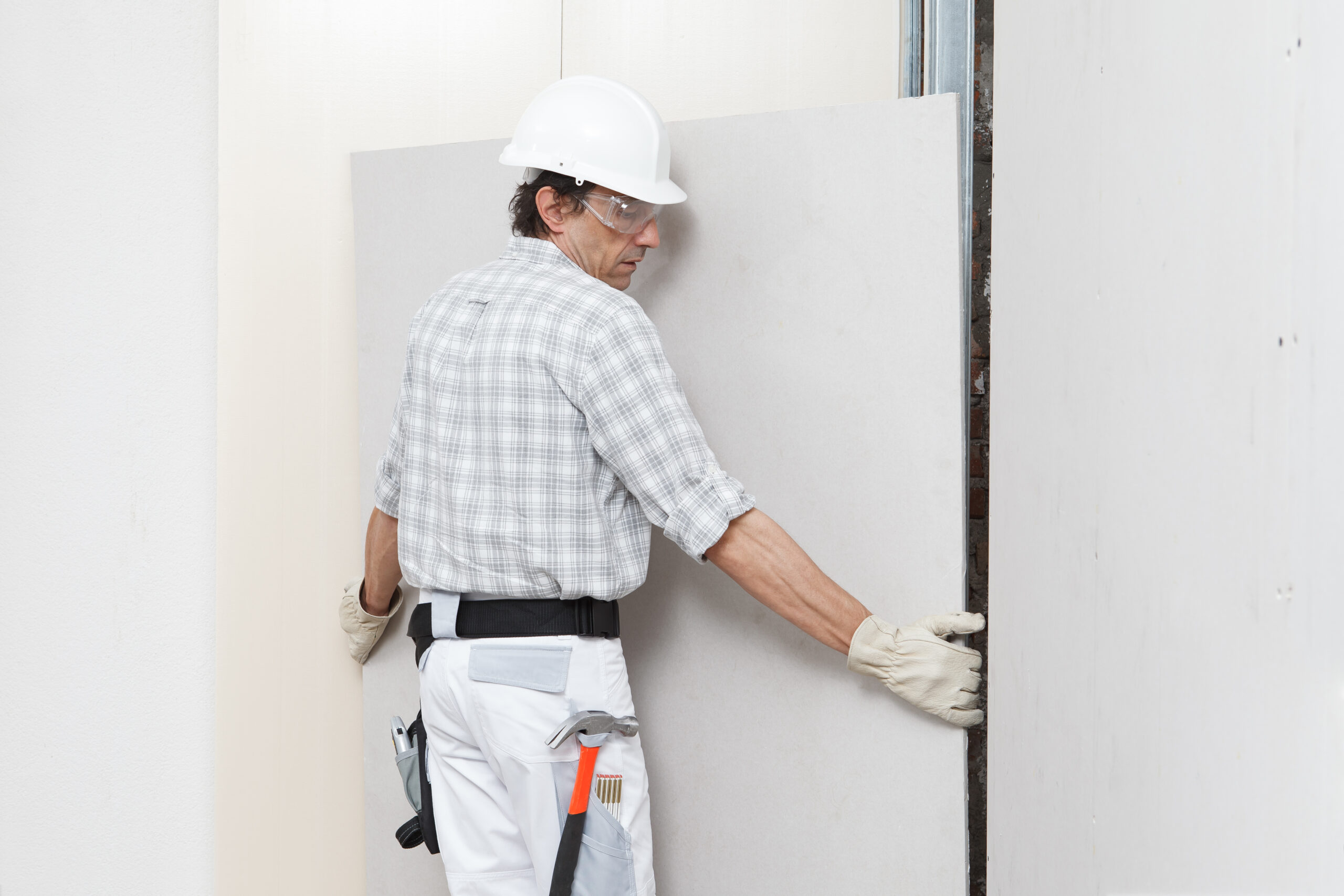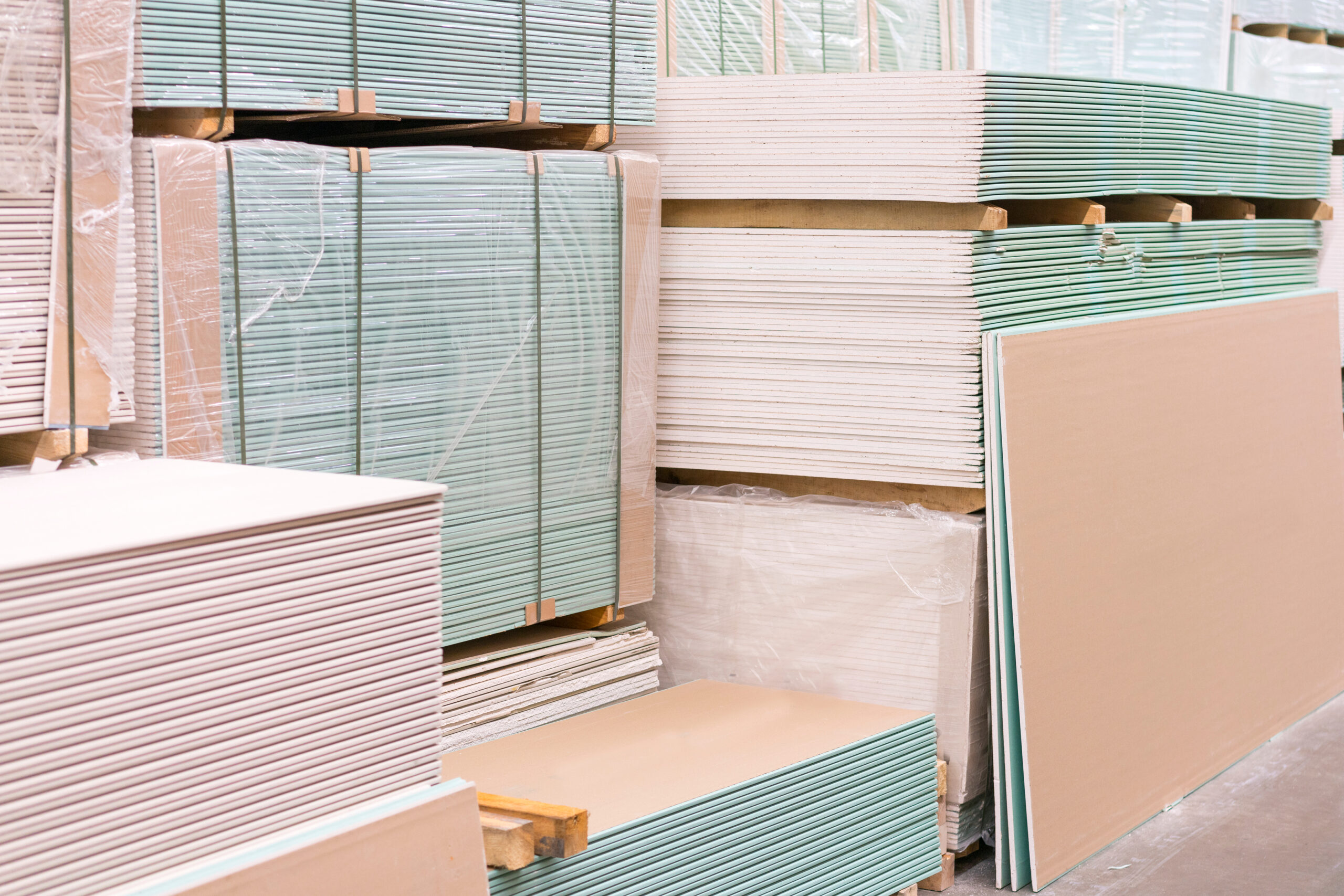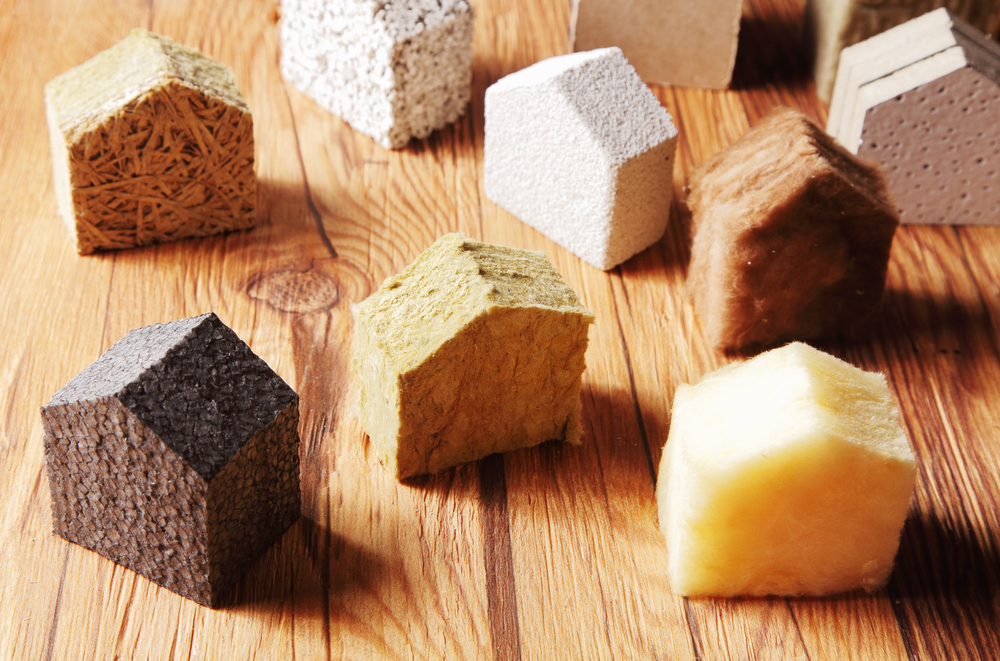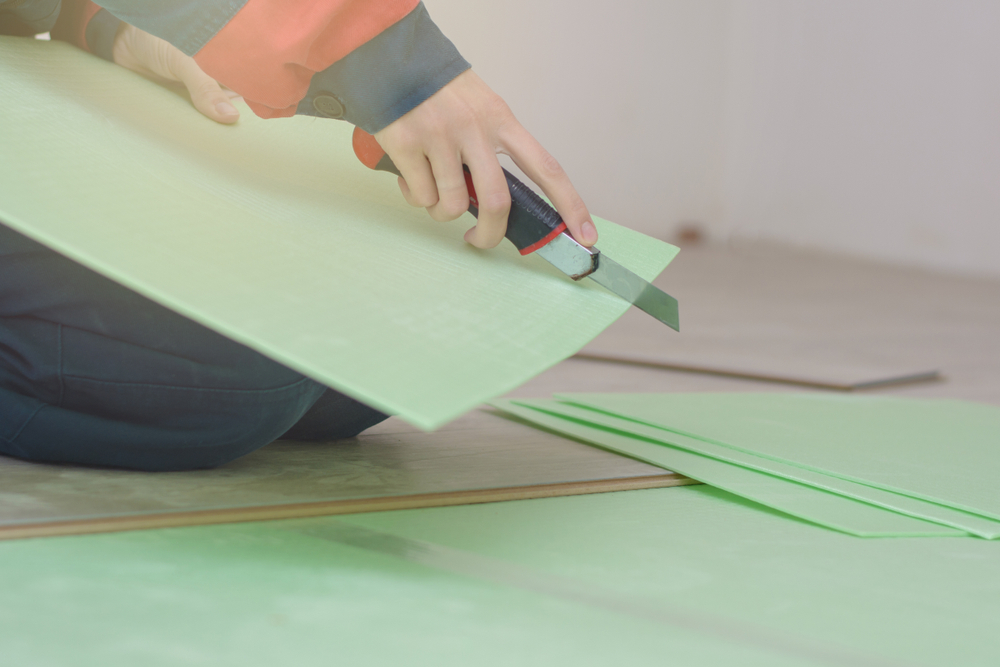Internal Wall Insulation
(74 Products)Internal wall insulation (otherwise known as solid wall insulation) is a process in which a solid-walled property is insulated from within. It sees the internal face of an external wall layered with a skin of insulation to prevent heat loss and harmonise a property's temperature levels. This method is commonly utilised in homes without a cavity; if your home is eligible for cavity wall insulation, it'll be quicker to adopt that method.
What Is Internal Wall Insulation?
Internal wall insulation is a process whereby insulation material is added to the interior face of external walls in order to improve the property's heat retention.
Internal wall insulation is an excellent choice for solid wall homes where external insulation isn't feasible or allowed, such as listed structures, conservation areas, or any other situation where you want to maintain the appearance of a property.
The most popular method is building a new stud wall and then attaching thermal insulation to its interior face. Once the rigid foam insulation is installed in the timber frame, it is typically followed by a vapour barrier and finished with plasterboard.
Internal wall insulation is typically attached to interior walls with screws or bonding and usually extends from the bottom of the ground floor up to eaves level. It then continues and marries with the roof insulation.
What Are The Benefits of Internal Wall Insulation?
- Reducing your energy bills: By insulating your walls, you can reduce heat loss from your property, which will in turn lead to lower heating bills.
- Making your property more comfortable to live in: Insulating your walls can help to regulate the temperature of your property, making it more comfortable to live in all year round.
- Reducing noise pollution: Internal wall insulation can also help to reduce noise pollution, as it will absorb sound vibrations.
- Increased home value: Internal wall insulation can help to improve the value of your home. If you're thinking of selling your home in the future, properly insulated walls can be a major selling point.
Where To Install Internal Wall Insulation?
- External walls that are insufficiently insulated
- External walls that are either in a state of disrepair or do not provide sufficient defence against the weather, resulting in dampness, draughts and heat loss
- Applications where external insulation would adversely affect building appearance
- Retrofit projects and existing buildings
Thermal Internal Wall Insulation
There are two main types of thermal internal wall insulation available on the market- rigid insulation boards and fibreglass batts.
Both types of insulation work by creating a barrier between the heat source and the room, preventing heat from escaping.
Although rigid foam boards of insulation (such as Kingspan or Celotex) are more expensive, they are the most efficient insulators and occupy less space.
As well as this, they can also incorporate a vapour barrier if needed and some have pre-attached plasterboard (insulated plasterboard) which streamlines the installation process.
Acoustic Internal Wall Insulation
In addition to reducing energy costs, installing solid wall insulation also limits the amount of sound that transfers between rooms. Although insulation won't completely eliminate noise, it will reduce echoing and provide a medium through which sound is dampened.
This can be especially useful in apartments or shared housing, as well as between houses and "party walls."
Acoustic insulation comes in two forms; rolls and slabs. Knauf Acoustic Roll is the most popular product in roll form, whereas Rockwool RWA45 Acoustic Slab is the most common of the slab products.
With a density of 45kg, Rockwool RWA45 mineral wool insulation is the most effective for enhancing the acoustic properties of an internal wall.
Types of Internal Solid Wall Insulation
Drylining
Insulation can be applied to the wall surface immediately if there is no damp present and the plaster seems to be in good shape.
Boards can be composed of:
- rigid foam (lightweight and comes with a waterproof coating to inhibit damp)
- mineral wool (excellent insulating and soundproofing properties, as well as being moisture-resistant and fire-resistant)
Install A Stud Wall
If you're looking to avoid damp, another solution is building a new stud wall filled with insulation. You could also attach extra insulation on top of the existing wall. Keep in mind that this option does somewhat encroach on floor space (more so than drylining), but it's effective nonetheless.
Possible insulation materials include:
- treated sheep wool (excellent insulator, regulates moisture, all-natural, non-flammable)
- rigid boards
Frequently Asked Internal Wall Insulation Questions
Is it Worth Insulating Internal Walls?
Internal and external solid wall insulation both come with a fair share of cost and upheaval. This page is dedicated solely to internal solid wall insulation, however, you can find more information on external wall insulation on our external solid wall insulation page.
Internal wall insulation, whilst effective, can pose a number of issues. Granted, it is less expensive than external solid wall insulation - up to 50% less in fact - but it is less efficient, potentially more difficult and time-consuming, especially if the property is inhabited while the work proceeds.
Installing internal wall insulation can indeed cause disruption, as it may require switches, radiators, and kitchen units to be removed and replaced.
What's more, it requires a lot of attention to detail as creating an airtight layer is essential; awkward areas such as reveals and floor voids will need extra attention in order to seal them properly.
Consequently, you must ensure that internal wall insulation is the best possible solution for a property before moving forward with your project.
While internal wall insulation may have its difficulties, it is a more productive solution than doing nothing at all and has a higher return than external wall insulation - making it worth exploring in spite of the challenges.
What Type of Walls Can Internal Insulation Be Fitted To?
Internal insulation is specifically designed to be installed on solid walls, such as cavity brick or block walls (man-made masonry). Unlike cavity walls, solid walls feature no gap, so they can't be filled with cavity wall insulation.
You can also apply internal insulation to the internal surface of natural stone walls. A timber frame isn't out of the question either.
Can Solid Wall Insulation Cause Damp?
If the internal walls of your home are plagued by dampness, you will need to take care of this before adding insulation.
If not taken care of, insulation can cause further damage to both the wall and your insulation by trapping moisture. To avoid any future issues with dampness, use damp proof materials to line your wall before repainting it and installing new insulation.
If installed properly, solid wall insulation will not cause or exacerbate damp problems.
Prior to beginning any work, installers will do a thorough inspection of your property to confirm that it is in good condition overall and that the walls, floor, and ceiling are dry.
This would entail attending to current dampness issues as well as problems such as cracked bricks, missing mortar between joints, or waterlogged gutters which could pose difficulties down the road.

.jpg)
.jpg)
.jpg)
.jpg)


